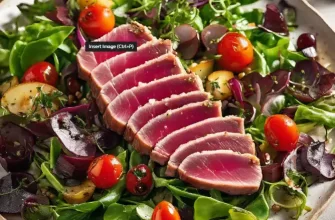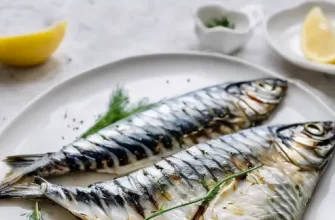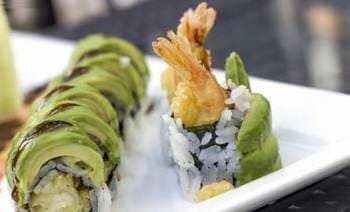Regarding the consumption of caviar while pregnant, there are worries because it is considered a high-end and refined delicacy made from fish eggs of sturgeon. To determine if caviar is safe for pregnant women, we will investigate the red and black types and their suitability for inclusion in the diet of an expecting mother.
Red Caviar

Red caviar, produced from the eggs of salmon, has a unique taste and a plethora of health benefits. Rich in vitamins A, D, E and B12, it also provides essential omega-3 fatty acids, protein, and selenium – all vital during pregnancy.
Nevertheless, due to the potential presence of harmful Listeria bacteria that can lead to a potentially fatal infection called Listeriosis, red caviar might pose a risk to pregnant women in terms of food safety. While the chance of encountering this risk is relatively minimal, the consequences for their health can be significant.

It is commonly recommended that pregnant women should pasteurize or fully cook any fish or fish products to ensure safety. However, the process of pasteurizing and cooking red caviar can result in a loss of its distinct flavor and nutritional advantages. As a result, it is generally not advised to consume unpasteurized or lightly cooked red caviar.
| Pros | Cons |
|---|---|
| High in nutrients | Risk of Listeria |
| Boosts immune system | Loss of nutrients when cooked |
Black Caviar
Known for its delicious taste and satisfying texture, black caviar comes from sturgeon fish. Like red caviar, it offers a powerful combination of essential nutrients such as vitamins B12, A, E, D, omega-3 fatty acids, iron, and selenium.

Despite its appearance of being rich in nutrients, black caviar poses similar risks as red caviar. Since black caviar is not cooked or pasteurized during preparation, there is a significant risk of harmful bacteria. This could result in severe complications that could be life-threatening for both the mother and the unborn baby.
To enjoy black caviar while pregnant, it is recommended to opt for versions that are completely cooked or pasteurized, even if it means sacrificing the signature taste and some nutritional value.
| Pros | Cons |
|---|---|
| Packed with essential vitamins | Potential bacterial contamination |
| Provides minerals like iron and selenium | Nutrient loss when cooked or pasteurized |
Conclusion
Both red and black caviar are rich in nutrients and delicious, but they can pose a potential risk to pregnant women because of the possibility of bacterial contamination. It is recommended that expecting mothers consult their healthcare provider before including these luxurious foods in their diet. As a general guideline, opting for pasteurized or cooked caviar can help minimize the potential risk, even though it might impact the taste and nutritional value.










You have problems… black… red caviar… I’d eat it with spoons if I had one. At the same time, the child in the womb would get this useful delicacy )))